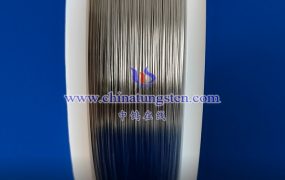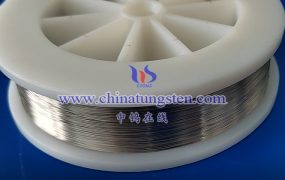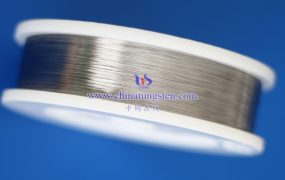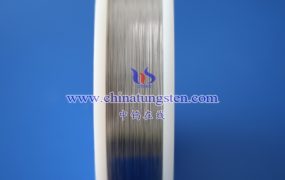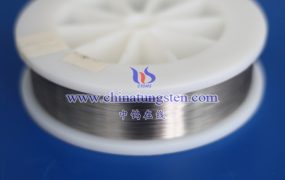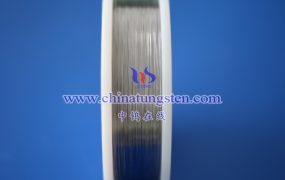Although barium tungsten electrodes show many advantages in molten salt electrolysis, such as high stability, low capacitance, and sensitivity to redox reactions, they also have some disadvantages and limitations:
Weak resistance to impact and mechanical damage
Barium tungsten electrodes require special care during operation to prevent impact or mechanical damage. This is because their structure may be relatively fragile and easily damaged by external forces.

Sensitive to specific environments
Although barium tungsten electrodes can work under a wide range of pH conditions, their performance may be affected in certain extreme environments. For example, certain strong acid or alkaline environments may corrode or damage them.
High preparation cost
Because barium tungsten electrodes require special preparation processes and materials, their preparation costs may be high. This may limit their use in some low-cost applications.
Performance may decrease at high temperatures
Although tungsten is a high melting point metal that shows good stability at high temperatures, excessively high temperatures may still affect the performance of barium tungsten electrodes. This may result in a decrease in performance or a shortened life of barium tungsten electrodes in high-temperature molten salt electrolysis.

Limited selectivity for specific ions
Although barium tungsten electrodes are sensitive to the redox response of many organic and inorganic substances, they may have limited selectivity for certain specific ions. This may limit their application in certain specific electrochemical reactions.
More details of tungsten barium elecrode or tungsten barium cathode, please visit website: http://tungsten.com.cn/barium-tungsten-cathode.html
Please contact CHINATUNGSTEN ONLINE for inquiry and order of tungsten needles:
Email: sales@chinatungsten.com
Tel.: +86 592 5129595
